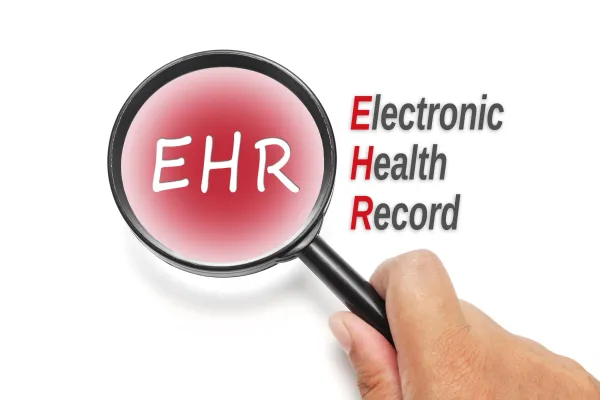Act Before the Fact, Be Ready if EHR Fails

Here's how to prep for an EHR shutdown. If your electronic health record (EHR) system becomes unavailable for any reason, it could have adverse effects on both patients and practice. It could affect anything from pay cycles to treatments, so you need to be ready when the lights go out on your EHR screen. Best bet: Use this advice on what to do if your EHR goes offline from Bob Steele, executive vice president of clinical services with the HCI Group in Jacksonville, Fla. Create Downtime Policy A good preemptive action to ensure your preparedness when EHR fails is having a "downtime policy" on file (and on paper, in case you can't access digital records). Everyone in the practice has a stake in the downtime policy, so staff buy-in is vital for the policy to be effective when you enact it. Steele, who has managed EHR outages during three different hurricanes, says that once you establish protocols, ensure that all staff members are aware of them and fully understand the plan. Once everyone's been trained on what to do during EHR downtime, form annual drills to confirm that everyone can put the plan into action. During these mock downtime practice runs, each staff member should demonstrate what they would do in the event of an EHR outage. These practice sessions are of the utmost importance. "Don't wait until an outage happens, as patient lives are at stake," Steele advises. The following areas are key to creating your downtime policy, which you should tailor to your office or department based on your specific needs: 1. Patient Safety is Paramount One of your focus areas when creating your offline EHR strategy should inevitably be patient safety, since it's critically important, and it could suffer in the absence of electronic records. Include the following aspects in your patient safety plan, Steele advises: 2. Keep Operations Moving Smoothly Even without an EHR to rely on, you must ensure that your office operates smoothly, which means you keep track of scheduled diagnostics and treatments as well as the continuum of care for your patients, Steele says. This could encompass various areas, including the following: 3. Bills Must Remain Accurate Losing your EHR doesn't mean you have to lose money in billing - you should have a plan in place to ensure that you capture all of the information necessary to submit claims and bills, Steele says. Get to Know the System: You should be aware of how your financial system is built and configured. Configure the Backup Protocol: Some systems are built for charges to go into a pending state if the system goes offline. Those should revert to active when the system comes back up. Eliminate Duplicates: Some downtime protocols involve manual keying charges into the system, but if this is in your office's plan, ensure that when the system comes back online, it doesn't automatically generate charges as well - this could cause duplicate bills to go out to insurers and patients. If this happens you'll have to go back and reconcile the accounts and generate credits, Steele says. 4. Maintain Backups You can put systems into place that may help you get EHR access even in the event of a storm, but those aren't foolproof, Steele says. "While generators are good and a must to have, events such as hurricanes, earthquakes, and fire can knock them out as well," he advises. "A backup, emergency supply of all paper forms should be maintained and in current form should the occasion arise to need them."

